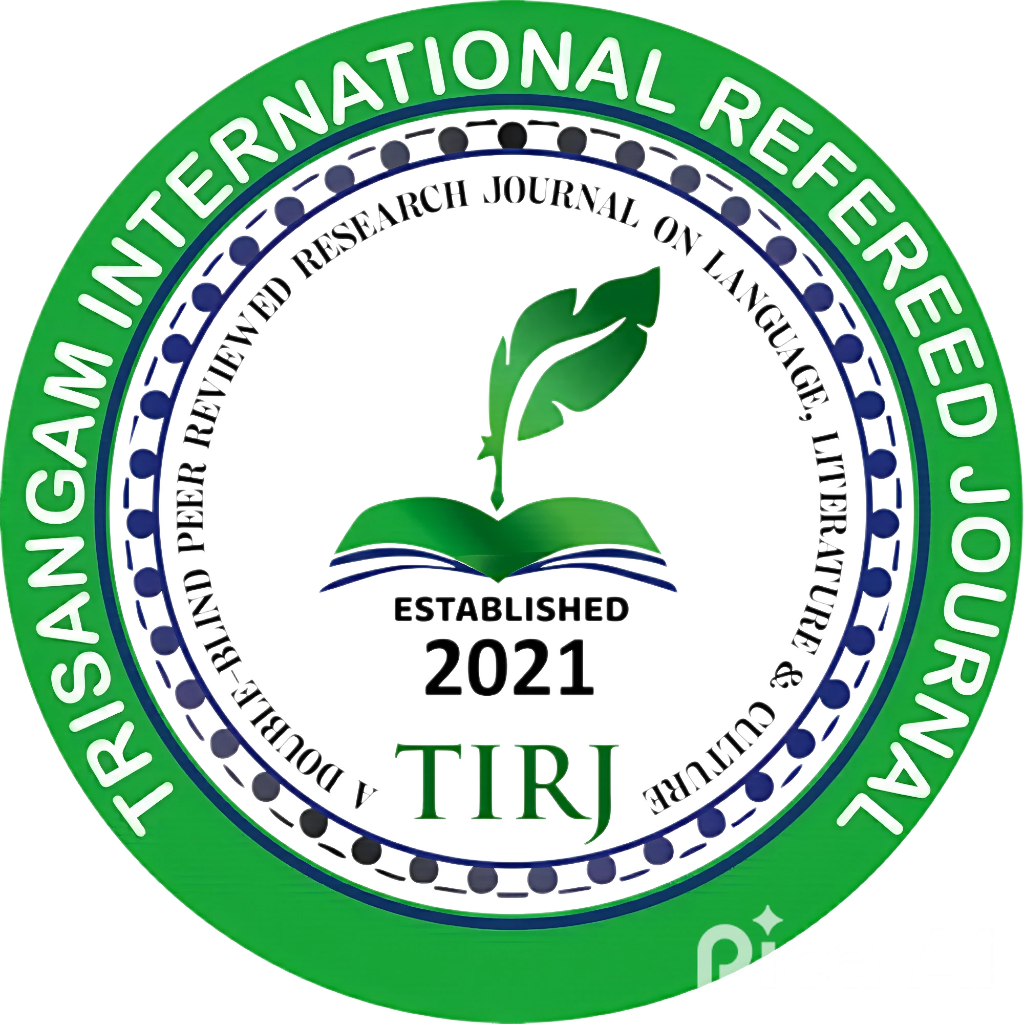Abu Ishaq's ‘Surya-Dighal Bari’ : A Narrative of Lower Class Life/ আবু ইসহাকের ‘সূর্য-দীঘল বাড়ী’ : নিম্নবর্গ জীবনের আখ্যান
Keywords:
- Famine,
- Riots,
- Partition,
- Superstitions and belief,
- Polygamy and divorce,
- Marginalized people,
- Muslim family
Abstract
Abu Ishaq is a renowned Bangladeshi novelist. His first and timeless novel is ‘Surya-Dighal Bari’. The time period of the novel’s setting extends from the famine of 1943 to the immediate after of independence. As a result, the famine of 1943, the riots of 1946, the impact of independence and partition of 1947 naturally flow through the novel like a torrent. The author, capturing that time of burning, has painted the life of the helpless lower-class people of Bangladesh with utmost compassion. At the center of the novel is the difficult struggle for survival of a selfless family caught in the famine and riots. This novel is about people who leave their villages for the city in the famine of 1943 and return to the village after a terrifying experience of despair. In the Muslim family of the lower class, witch doctors, brooms, spells, and bewitchment are everyday occurrences. That picture has been painted through various incidents in 'Surya-Dighal Bari'. The topic of the illiterate and lower-class people's superstitions and beliefs, and belief in evil spirits, comes up in the novel in various ways. In parallel, various evils flowing in the public mind, stories, verses, rhymes, riddles, etc. flow into their daily conversations and behavior. Various elements of folk culture have come up in various ways. Polygamy and divorce are a big problem in the life of the lower-class Muslims, and Abu Ishaq has also highlighted that problem with great compassion in his novel. Abu Ishaq's 'Surya-Dighal Bari' has become a living history of what created deep wounds in the minds of the people of Bangladesh in the past. The novel deals with the issue of the country's independence and its impact on the lower-class Muslim community of Bangladesh. The economic crisis and struggle of lower-class Muslim families, inhumane practices like polygamy and divorce, the veiling system, religious discipline, the lifeless religious practices of religious merchants and the lust for women, the blind faith, reformation, and worldly customs of marginalized people - all of this together makes the novel a realistic biography of a lower-class marginalized Muslim family.
Downloads
References
১. ইসহাক, আবু, সূর্য-দীঘল বাড়ী, চতুর্থ মুদ্রণ- এপ্রিল ২০১২, চিরায়ত প্রকাশন প্রাঃ লিঃ, পৃ. ১০৩
২. ঐ, পৃ. ৬১
৩. ঐ, পৃ. ৯২
৪. ঐ, পৃ. ১২
৫. ঐ, পৃ. ১৪
৬. ঐ, পৃ. ১৫
৭. ঐ, পৃ. ২৭
৮. ঐ, পৃ. ৩৪
৯. ঐ, পৃ. ৩৫
১০. ঐ, পৃ. ৪৫
১১. ঐ, পৃ. ৬২
১২. ঐ, পৃ. ৪৫
১৩. ঐ, পৃ. ৪৭
১৪. ঐ, পৃ. ৬৩
১৫. ঐ, পৃ. ১১০
১৬. ঐ, পৃ. ১২০
১৭. ঐ, পৃ. ১২৩
১৮. ঐ, পৃ. ১১২
১৯. ঐ, পৃ. ৯৮
২০. ঐ, পৃ. ১২১
২১. ঐ, পৃ. ১২২
২২. ঐ, পৃ. ১২৪
২৩. ঐ, পৃ. ১১৭
২৪. ঐ, পৃ. ৮৩
২৫. ঐ, পৃ. ২২
২৬. ঐ, পৃ. ২২
২৭. ঐ, পৃ. ৩০
২৮. ঐ, পৃ. ৮০
২৯. ঐ, পৃ. ৮০
৩০. ঐ, পৃ. ৫৯
৩১. ঐ, পৃ. ৩০
৩২. ঐ, পৃ. ১০৭






